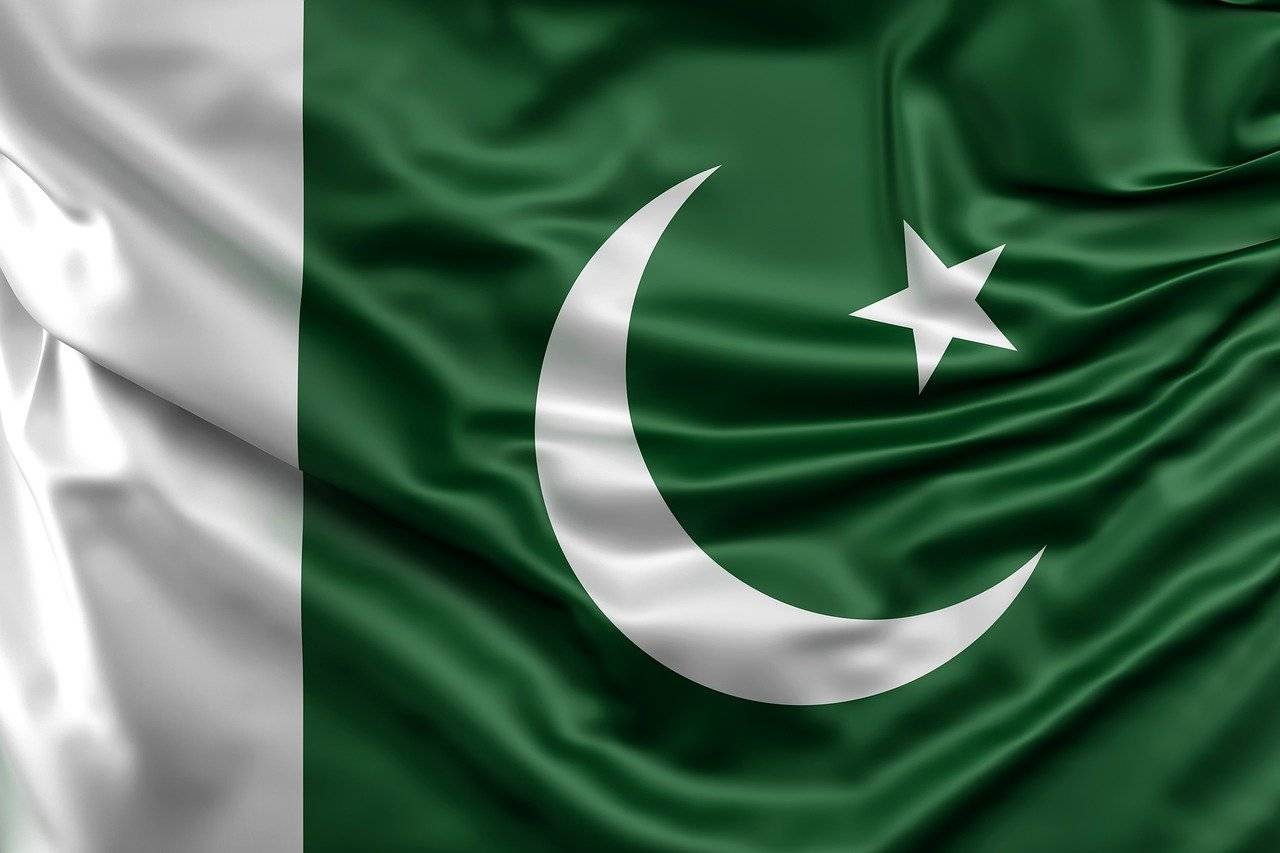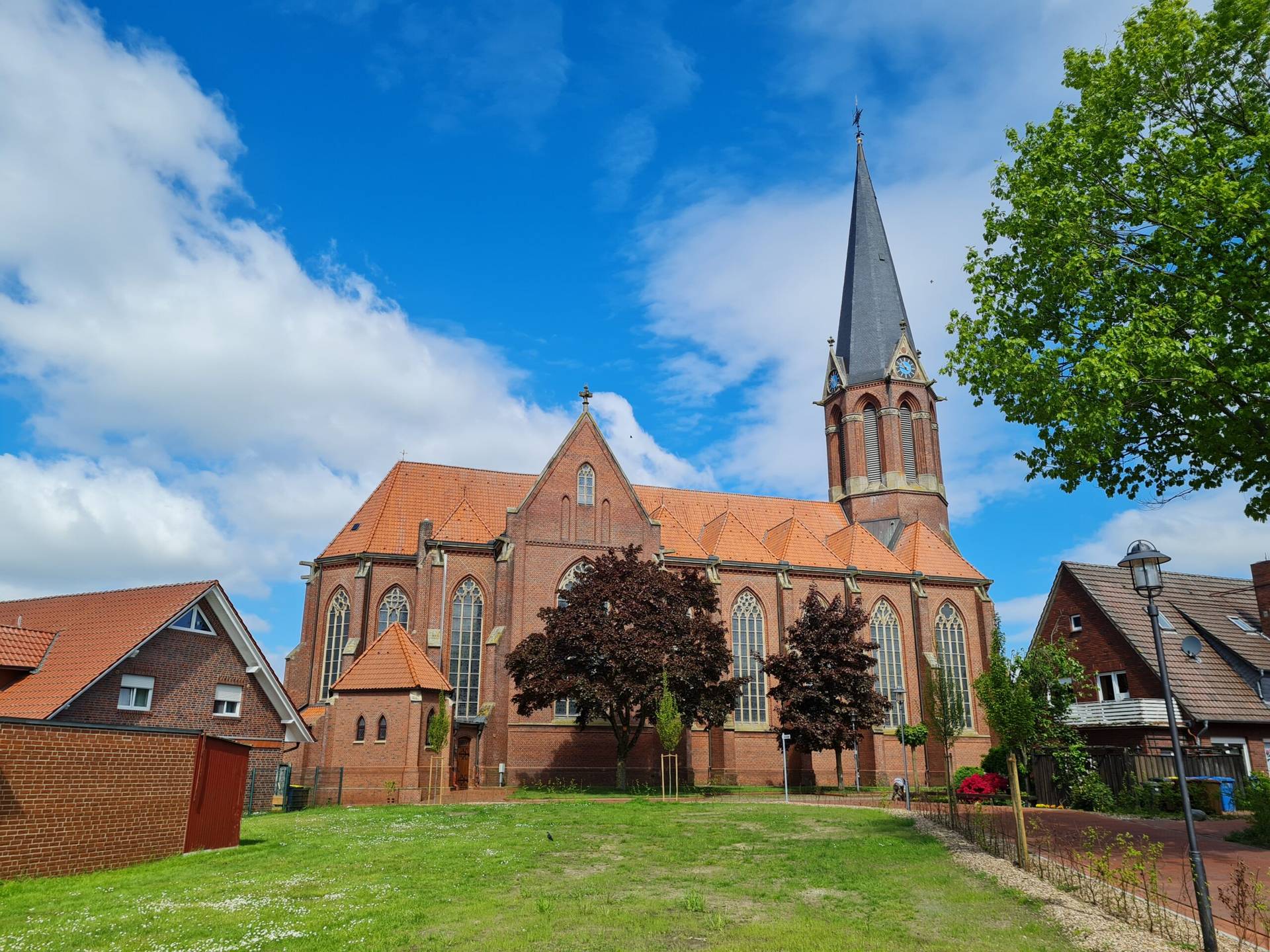BANGKOK — Pope Francis will visit Thailand and Japan in November in a visit expected to highlight his call for complete nuclear disarmament and honor the small Catholic communities in each country.
The Vatican confirmed the Nov. 19-26 trip, and its diplomatic representative in Thailand, Archbishop Paul Tschang In-Nam, announced the Thai stop on Friday. Francis will be in Thailand Nov. 20-23 before heading to Japan, where government spokesman Yoshihide Suga said the pope would meet with the emperor and Prime Minister Shinzo Abe.
It will be Francis’s fourth trip to Asia, where he has already visited South Korea, Sri Lanka, the Philippines, Myanmar and Bangladesh.
The last pope to visit Japan was the late Saint Pope John Paul II in 1981. He was also the last pope to visit Thailand, in 1984.
During his official visit to Thailand, Francis will preside at religious ceremonies and make pastoral visits to Catholic communities.
Francis’s Japan visit includes Tokyo as well as Hiroshima and Nagasaki, which were hit by U.S. atomic bombs at the end of World War II. A call for a world without nuclear weapons has been Francis’s longtime message.
Nagasaki Archbishop Joseph Mitsuaki Takami, who heads the Catholic Bishops’ Conference of Japan, expressed gratitude to Francis, noting he and others in the Japanese Church have been asking for his visit for years.
He acknowledged that Japan does not have as many Christians as some other nations. But he said Francis had special feelings for Japan, referring to how last year the pope had the Vatican print up thousands of cards of a Nagasaki nuclear bombing child survivor carrying his dead brother on his back. The card had the words “The fruit of war” printed on it.
“I think the pope was laying the groundwork for this visit,” the archbishop said in a statement.
Having the pope in Nagasaki will also highlight the legacy of Christian missionaries dating back to the samurai era, including 26 martyrs killed in 1597. It will help honor the so-called “Hidden Christians,” who kept the faith alive during decades of persecution.
Japan, whose main religions are Buddhism and Shintoism, has about 441,000 Catholics, many in Nagasaki, comprising fewer than 1% of the overall population. Thailand, with an overall population of 69 million people, has some 388,000 Catholics.
In a 2017 speech at a disarmament conference at the Vatican, Francis signaled a shift in church teaching about nuclear deterrence, warning that the Cold War-era strategy of deterrence was no longer viable and urging instead complete nuclear disarmament.
“If we . . . take into account the risk of an accidental detonation as a result of error of any kind, the threat of (nuclear weapons’) use, as well as their very possession, is to be firmly condemned,” he said.
Previous popes including St. John Paul II had called for the abolition of nuclear weapons but said the stockpiling of them could be morally acceptable as a form of deterrence.
Associated Press writers Nicole Winfield at the Vatican and Yuri Kageyama in Tokyo contributed to this report.
Crux is dedicated to smart, wired and independent reporting on the Vatican and worldwide Catholic Church. That kind of reporting doesn’t come cheap, and we need your support. You can help Crux by giving a small amount monthly, or with a onetime gift. Please remember, Crux is a for-profit organization, so contributions are not tax-deductible.

















